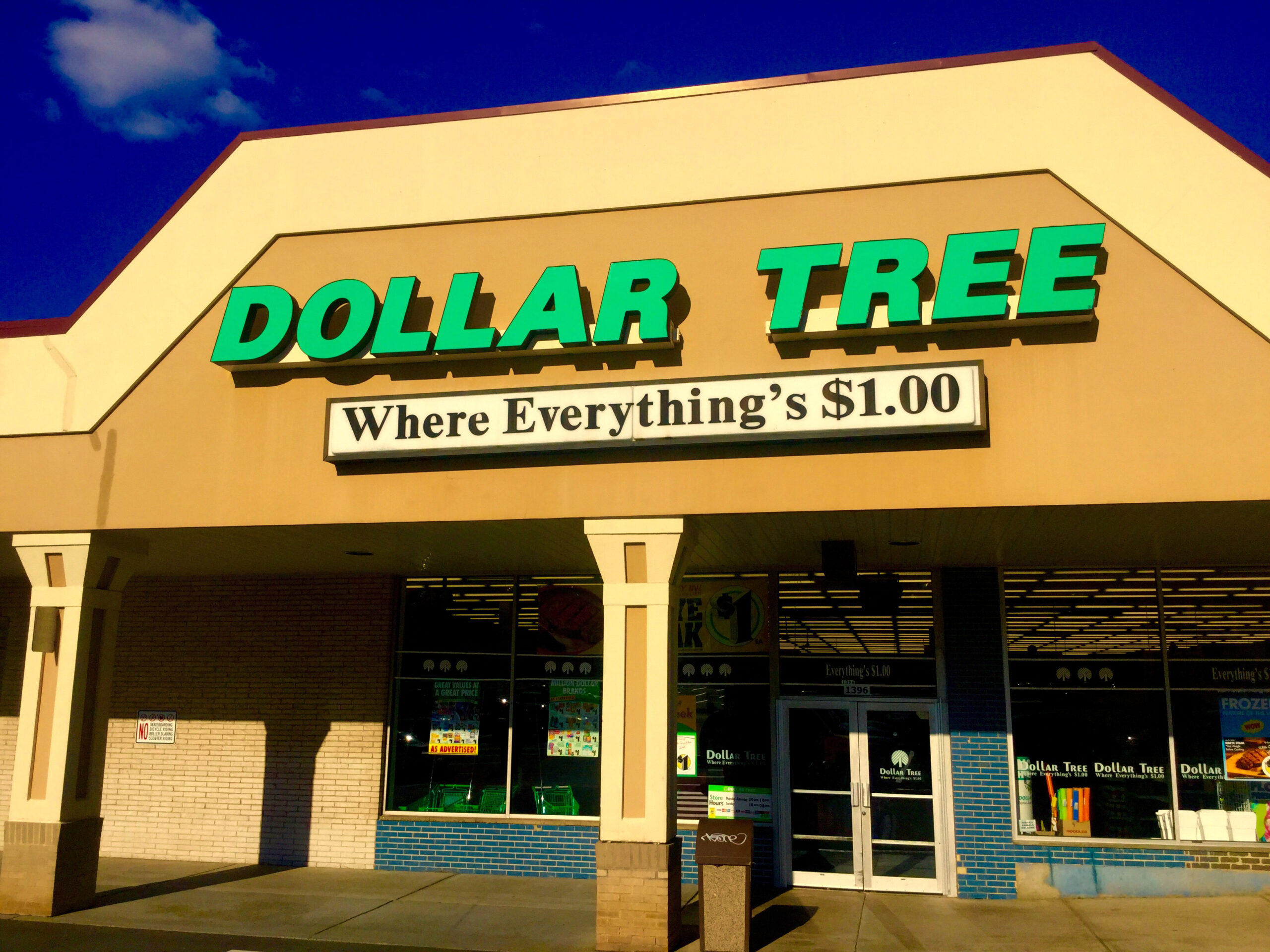
Recently, the discount store Dollar Tree announced that they would be raising most of their traditional one-dollar price tags by a quarter or two. Dollar Tree marking up their prices is only a small indication of a larger problem in the United States. The pandemic has hit the economy in multiple ways, from supply shortages to mass unemployment rates, but to raise prices in ultra-discount stores is going to be a great risk for lower-income households. Families across the country rely on stores like Dollar Tree to shop for basic needs, like food or school supplies. The new inflation in prices, no matter how small, has very real potential to be detrimental to low income communities across the nation.
Lower-income families rely on stores like Dollar Tree to provide basic essentials at an affordable price. Inflation in this country is at an all time high, with reports of it reaching 42% in July, the highest it’s been in three decades. The groups who suffer the most are the ones also facing the highest unemployment rates. The price of everything is skyrocketing in this country, from housing to a gallon of milk at the grocery store. Low-income neighborhoods are feeling the effects of this current inflation at staggering rates. Dollar Tree has been slowly raising their prices from $1 to $1.50 and will start to introduce $5 sections in select stores. These sections have been labeled “Dollar Tree Plus” and will contain a variety of new items. These new sections are ultimately going to alienate shoppers who frequently visit the discount franchise.
Individuals who directly benefit from Dollar Tree’s original prices are going to be hung out to dry by the company’s new policies. Inflation in this pandemic has hit many sectors of the economy, housing being a major one. In California, it has been reported that over some 744,000 California households still owed an average of $3,500 in back rent. These communities are struggling to get back on their feet, and the financial strain that the last four years have put on lower-income families gets worse every year. Housing and unemployment due the COVID-19 pandemic have set these households back months in debts they owe. Low-income communities are having to deal with these struggles at a higher rate, leaving them vulnerable and many even facing homelessness.
These communities need urgent help if they are going to survive this current economic crisis. We need to be paying more attention to the needs of the people within these groups so we can better assist them. These individuals need better access to public benefit programs like food stamps and rent relief programs. Low-income communities need to be supported. After all, they are the backbone to our country’s economy. Furthermore, companies like Dollar Tree, which have served these marginalized neighborhoods for years, need to stick to their promises of providing essentials at low cost. By marking up their prices, they are essentially betraying the trust of the customer base which has kept them in business since their stores first opened.







